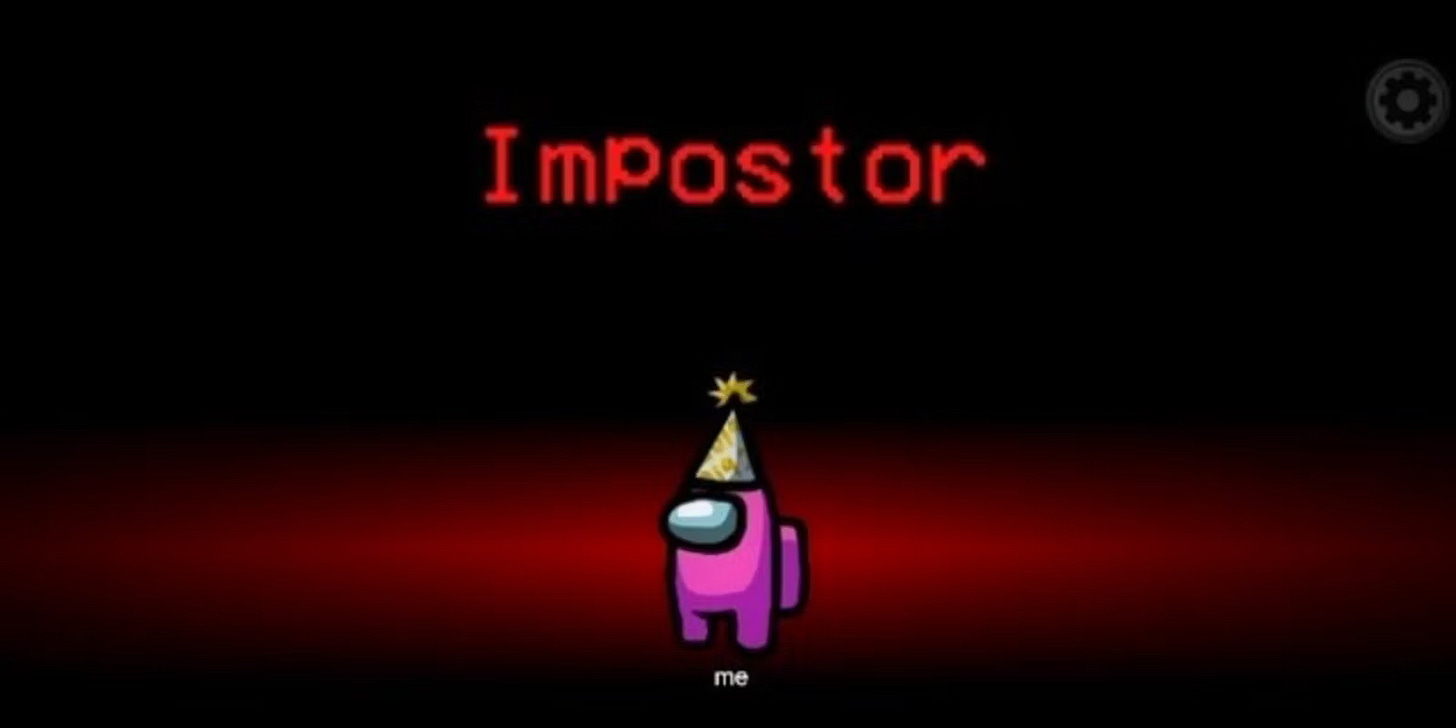Am I an imposter?
The question "am I an imposter" has plagued my mind many times throughout my career. I am aware that this is not a unique thought and that many engineers feel or have felt this way. The sad part is that most engineers do not talk about it - obviously, who would want to admit that they are likely an imposter and "under-qualified" for the job?
During the early stages of my career, I was almost always convinced that I was an imposter and that someday the cat would be out of the bag. The problem was that this feeling would manifest itself as different behaviors that would actually affect my ability to deliver 100%.
I would hesitate to speak up until I was very sure about what I would say.
I assumed everyone around me was way smarter and more knowledgeable than I was, so I had to protect my little secret.
I experienced self-doubt and waited for external validation.
In most cases, I would overwork to reach a milestone quickly so that I could feel good about something.
I wasn't sure why I felt this way, may be being a consistent straight-A student added pressure to maintain my “grades” in the real world. The fear of failure added pressure to have the right answer, lest the bubble burst. It didn't matter how much my previous performance ratings exceeded expectations; I still felt like an imposter and attributed the positive impact to luck. The internal shame of any failure would linger around and reinforce this feeling.
I didn't like admitting those three simple words without hesitation - "I don't know."
What helped
What helped was accepting that I do not know everything and that it is okay. That helped me grow. Perhaps my peers do not know everything either, and the problem is actually complex. Accepting that we are working on a complex problem that nobody has an answer to was a good starting point to leave fears behind.
Evaluating the worst-case outcome and being okay with it helped change my perspective. Realistically, those worst-case outcomes were hardly ever true. So that gave me time to be comfortable.
I stopped comparing myself to rockstars. Every individual is unique, and everyone follows their distinct career path. While the drive to excel is a powerful motivator, an excessive fixation on outperforming others can have negative consequences.
Still an imposter
While I have figured out that what I have is impostor syndrome, I have to acknowledge that I am actually an imposter in some situations because:
I fake confidence when I need to take a leap of faith with a risky project.
I fake a smile when I am frustrated with a cross-functional discussion that is not going well.
I fake being a know-it-all leader when a teammate needs a confidence boost after reorg/layoffs.
I fake composure when dealing with a disastrous SEV.
But on the inside, I am all blahhhhh.
While my impostor syndrome is much better than it was 10 years ago, I still have some elements of it. Maybe it will take another 10 years for it to completely go away, or maybe it is good to have some in perpetuity so that I stay grounded and keep pushing my limits.
Additional reading
Level up software engineering 🚀 has a great post on dealing with imposter syndrome that you can check out here.



Appreciated hearing your thoughts on imposter syndrome, Raviraj.
I used to think it was just me who struggled with it and something is wrong with me.
However, I’ve started to see it creeps up most often when I’m in a 🚀-season of new growth.
I’m learning to embrace it and be ok with it, as it means I’m growing, and keeps me humble.
Thanks for sharing!